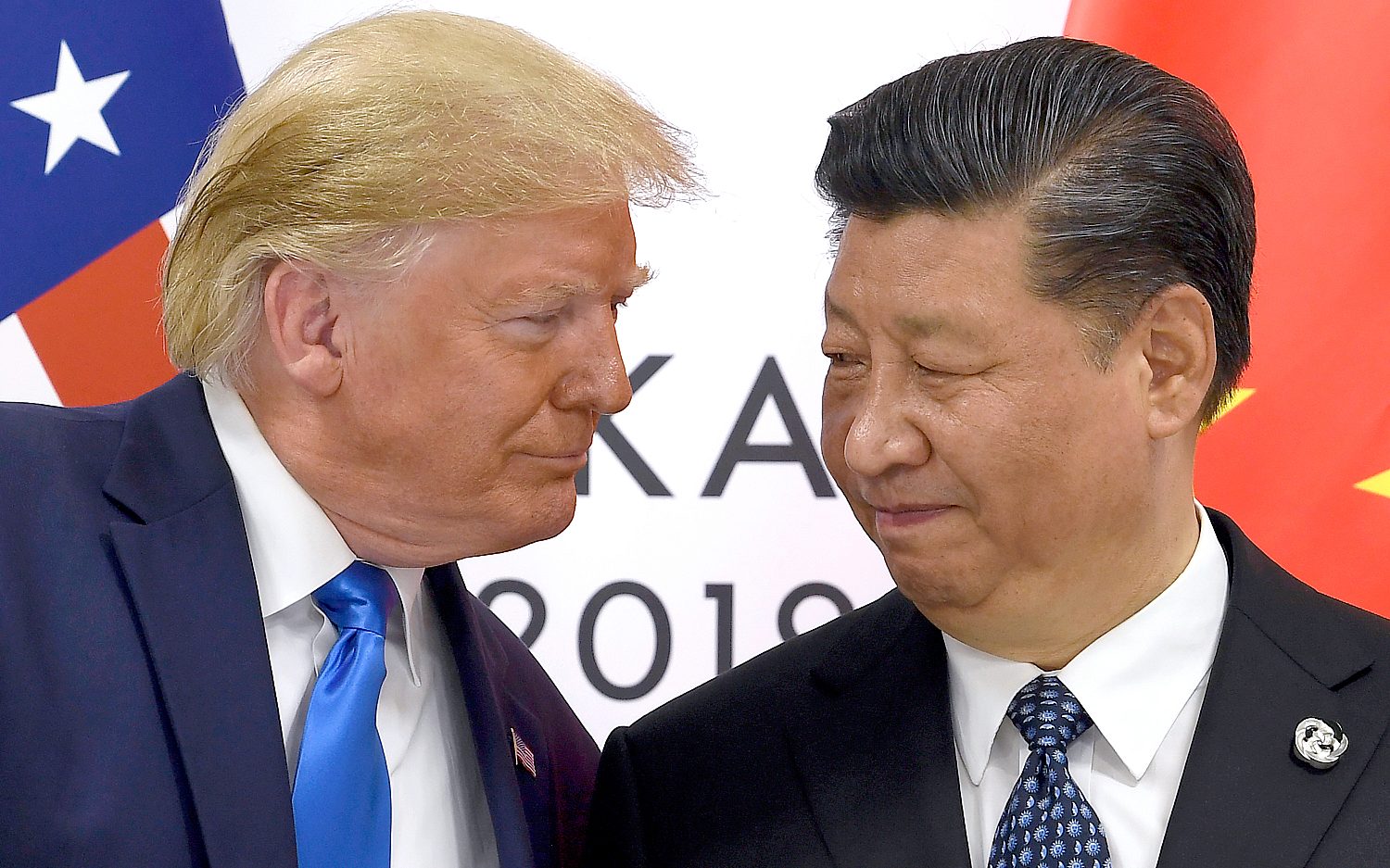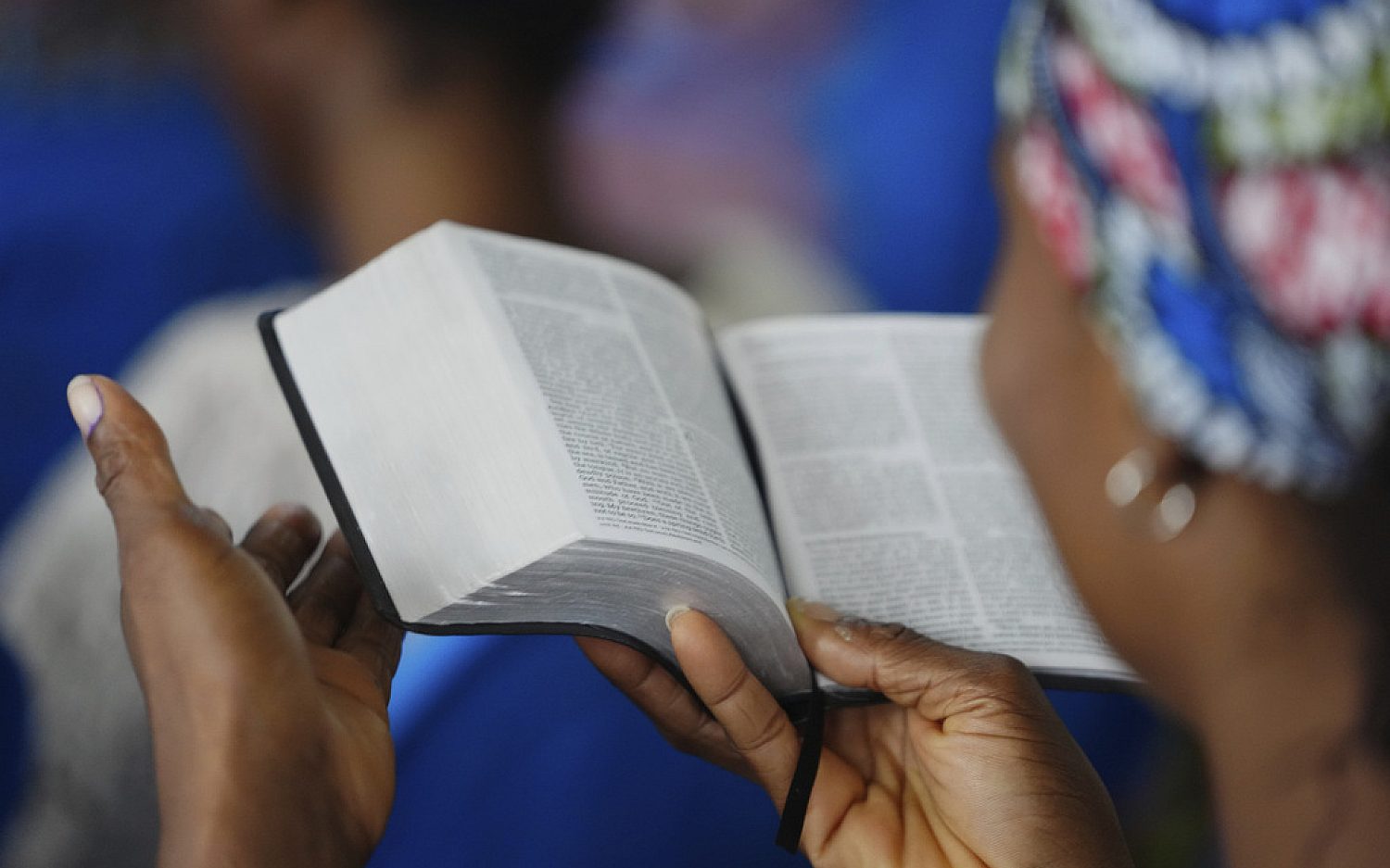Gambia’s new president begins democratic reforms
The changes include reining in security services and removing media restrictions
New Gambian President Adama Barrow has started his tenure with a “complete overhaul” of the political system his predecessor, Yahya Jammeh, ruled for more than two decades.
Barrow, who assumed office a week ago, has appointed officials, remodeled some of the country’s repressive restrictions, and kick-started plans to restore unity.
The new administration yesterday swore in 10 of 18 new ministers, mostly activists and opposition leaders who challenged the last regime. Barrow appointed Amadou Sanneh as the finance minister less than 72 hours after his release from detention. All selected cabinet officials must declare their assets before assuming office in a bid to ensure accountability, Barrow said.
Jammeh’s leadership was marred by impunity, corruption, and human rights abuses. The former president started to brew a political crisis when he refused to hand over power after losing the election. Barrow had to take his oath of office in neighboring Senegal. The defeated president eventually fled for Equatorial Guinea on Jan. 20 after mediation efforts led by a bloc of West African nations.
On Tuesday, Barrow moved to rename the country’s National Intelligence Agency, which brutally interrogated and tortured dissidents. An official statement said the renamed State Intelligence Services, “shall no more arrest, detain, or undertake any activities that are unconstitutional especially with regards to human (and) civil rights.”
During his first news conference, Barrow said other security forces in the country would need retraining, with the help of foreign partners.
The administration change already has unlocked some of the country’s foreign aid. The European Union (EU) this week said it would release $35 million to the new government. EU leaders had frozen the funds, allocated for development projects in 2015, due to human rights violations.
“The European Union pledged support to the new government and we are going to make all means of support available,” Attila Lajos, the EU Ambassador to Gambia, told Newsweek. “We are foreseeing a new start of the EU-Gambia development cooperation and relations.”
The president also announced he would remove “Islamic” from the country’s official name. Jammeh in 2015 declared Gambia an Islamic Republic. Barrow added he would ensure press freedom and reinstate all media outlets shut down under the previous rule.
The Barrow administration has continued to release political prisoners since Jammeh fled into exile. Barrow said he is working on a truth and reconciliation commission that will help return unity to the country.
“If people reconcile, that would unite everybody, and we want to hold that line,” he said.
An actual newsletter worth subscribing to instead of just a collection of links. —Adam
Sign up to receive The Sift email newsletter each weekday morning for the latest headlines from WORLD’s breaking news team.





Please wait while we load the latest comments...
Comments
Please register, subscribe, or log in to comment on this article.